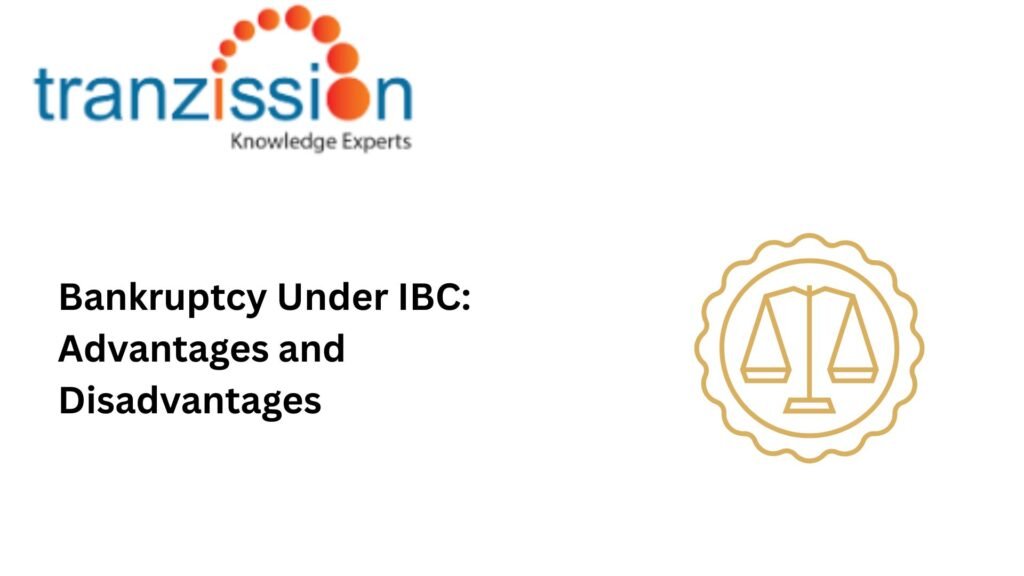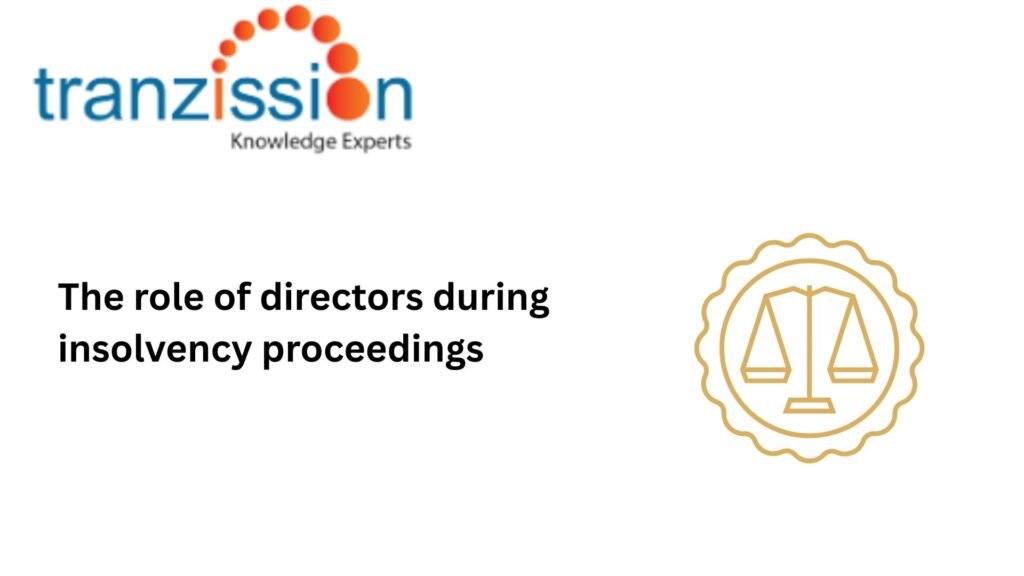Addressing Grievances and Complaints under IBC
The Insolvency and Bankruptcy Code, 2016 (the IBC) and the Insolvency and Bankruptcy Board of India (Grievances and Complaints under IBC Handling Procedure) Regulations, 2017 (hereon forward known as “the IBBI Grievance and Complaint Handling Procedure Regulations, 2017”) provides for grievance redressal and enforcement framework for the service providers. Having a robust grievance redressal system […]
The enactment of the Insolvency and Bankruptcy Code (IBC) in 2016 has introduced significant reforms to the insolvency framework in India. It provides an efficient mechanism for resolving distressed assets and reviving financially distressed companies. The IBC has the potential to influence mergers and acquisitions (M&A) as an attempt to revive an insolvent company. Understanding […]
Individuals and businesses facing financial distress need to make a well-informed decision of whether to undergo bankruptcy proceedings under the Insolvency and Bankruptcy Code, 2016 (hereon forward known as “the IBC”). Knowing the potential Bankruptcy Under IBC Advantages and Disadvantages is important to understand whether it is the right option for you. What Is Bankruptcy? […]
When a company or individual cannot pay their debts, they may undergo proceedings under the Insolvency and Bankruptcy Code, 2016 (IBC). This Act is related to the reorganization and insolvency resolution of corporate persons, partnership firms, and individuals in a time-bound manner. The terms insolvency vs bankruptcy are often used interchangeably, but they are distinct […]
Insolvency and bankruptcy laws were consolidated in 2016 through the Insolvency and Bankruptcy Code, 2016. Insolvency Professional Agencies was established under this act and plays a crucial role in regulating and overseeing the conduct of insolvency professionals. This ensures that professionals handling financially distressed companies maintain high ethical standards, possess the necessary expertise, and act […]
The enactment of the Insolvency and Bankruptcy Code, 2016 (the IBC) is a revolutionary legislation in insolvency law. The role of the Committee of Creditors (CoC) is crucial in the resolution process as it decides the revival or liquidation of corporate debtors. The Doctrine of Commercial Wisdom of CoC importance is underscored through landmark judgments, […]
Singapore insolvency framework is considered one of the best due to its efficient processes, well-designed mechanisms, amongst other features. Having an effective insolvency framework for debtors can promote entrepreneurship, and responsibility for risk-taking, and prevent distressed companies from closing down. On the other hand, a framework for creditors can help them to recover their debts […]
Singapore’s insolvency framework is considered one of the best due to its efficient processes, well-designed mechanisms, amongst other features. Having an effective insolvency framework for debtors can promote entrepreneurship, and responsibility for risk-taking, and prevent distressed companies from closing down. On the other hand, a framework for creditors can help them to recover their debts […]
When a company enters insolvency proceedings, the role of the director significantly shifts. The directors of the company are expected during the financial difficulty period to act in the bona fide interests of the creditors and simultaneously ensure that adequate steps are taken to keep the company off insolvency. We will look into a directors […]
There are several stakeholders involved in making the resolution process effective, including the Committee of Creditors under Section 21 of IBC. The CoC has a crucial role in the outcome of the proceedings, their decisions determine the revival or liquidation of the distressed companies. The Insolvency and Bankruptcy Code, 2016 (IBC) governs the formation of […]


